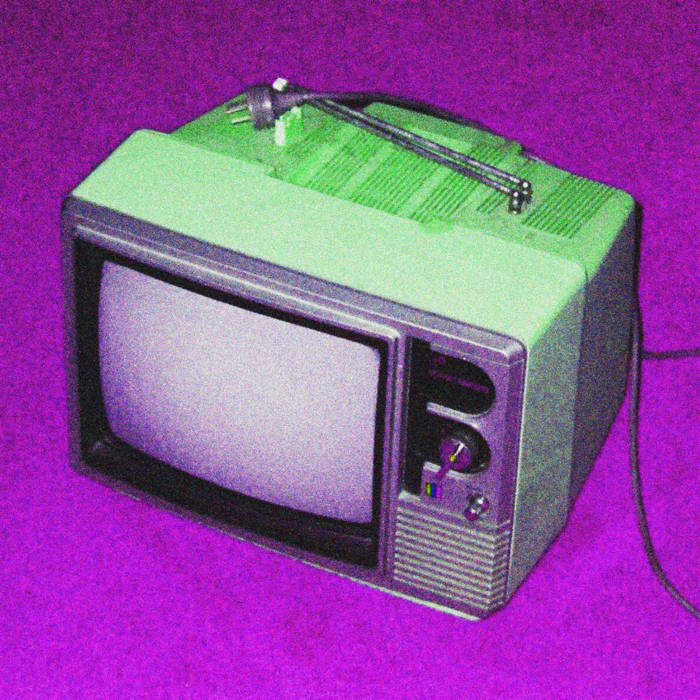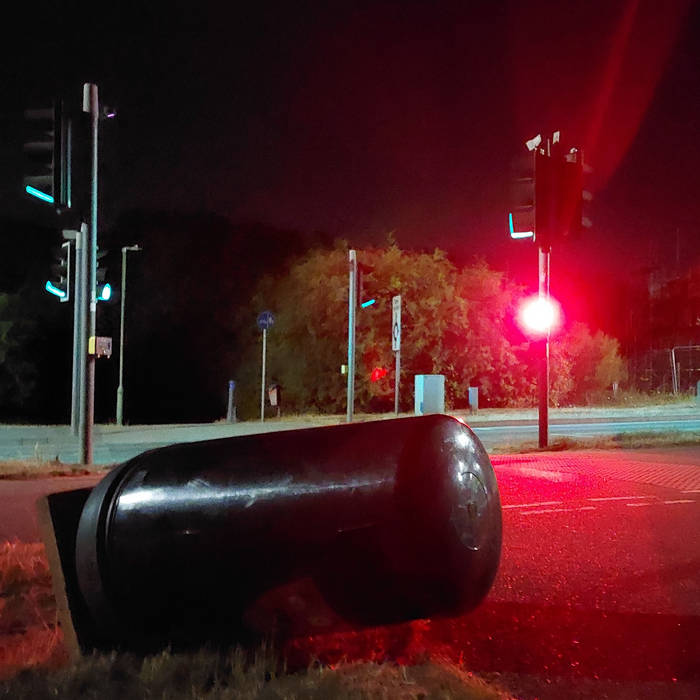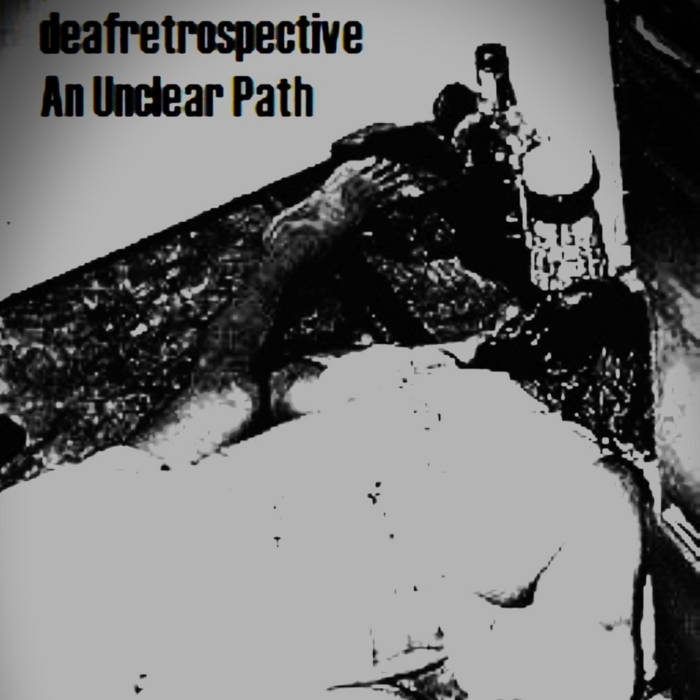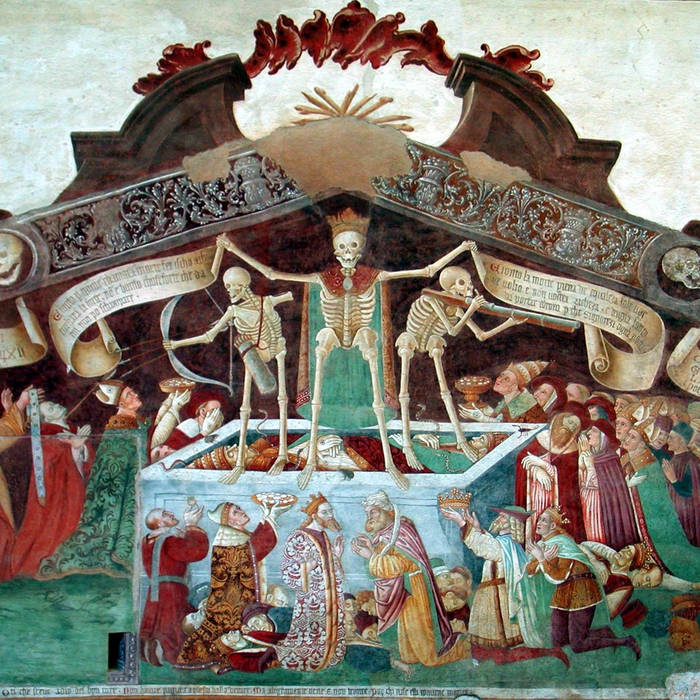
- I. Nu ist diu betfart so here (14th. C. geisslerlied) 7:11
- II. Maria unser frowe (14th C. geisslerlied) 3:03
- III. Nu tret herzuo der bossen welle (14th C. geisslerlied) 10:03
- IV. Chi vole lo mondo despreccare (13th C. lauda) 2:52
- V. Le bouvier (13th C. Cathar hymn anticipating their imminent demise) (AKA Le Boier, AKA Lo Boier) 13:13
- VI. Dolor Pianto, AKA Carro della morte 3:34
- VII (Bonus) - Le Bouvier, live at Bitchwizard April 2, 2023 16:32
Scott Scholz
Whip Sigils
In the early days of the COVID pandemic, composer and music librarian Scott Scholz started a project to explore how previous cultures had addressed pandemics musically. This simple premise became an ever-expanding series of inquiries over the next three years, leading him in directions he never imagined. “I dived into parts of music history I’d only glossed over before. I listened to dozens of albums of early music, electroacoustic music, and contemporary and ancient music from the Middle East. I taught myself to transcribe Medieval neumatic notation into modern notation. I studied musical systems of the Middle East, and compared how they intersect with early Western music. I taught myself the basics of granular synthesis. I learned how to play instruments like the oud and the saz/baglama. I re-fretted a guitar to add microtones. I rebuilt an old kurdish tanbur that had been a wall decoration at a luthier shop that went out of business. I gutted the electronic gadgets I’ve been running guitars through for 20 years and built a new system.”
The result is “Whip Sigils,” a suite of pieces incorporating melodies drawn from Medieval self-flagellants and victims of the Albigensian Crusade. The source melodies are embedded in the music horizontally and vertically in a variety of ways analogous to creating visual sigils out of letters: they are embedded in counterpoint, transformed into texture through granular synthesis, or blended within harmony. Where the melodies can be plainly heard, they are often microtonally altered in tribute to Middle Eastern influences on the early secular songwriting traditions of Western civilization. Performances are realized with a combination of electrified versions of ancient middle eastern instruments (oud, saz, and tanbur), microtonally modified guitar, and software synths.
Stylistically, elements of Early Music (West and East) remain, but they are reshaped as electroacoustic treatments, contrapuntal sections that sometimes dissolve into microtonality, and passages that recall 70s Turkish Anatolian psychedelia, holy minimalism, post-rock, ambient, new age, and noise. As Scholz notes in his detailed album liner notes, “My approach to manipulating, transforming, and further composing atop these fragments has little to do with early music revivalism. Instead I’m looking for universal elements contained in the music, for various kinds of musical and conceptual contrasts, and for hidden cultural implications of the times.”
- No codes available
- Visit artist on Bandcamp

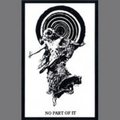 NO PART OF IT
NO PART OF IT
